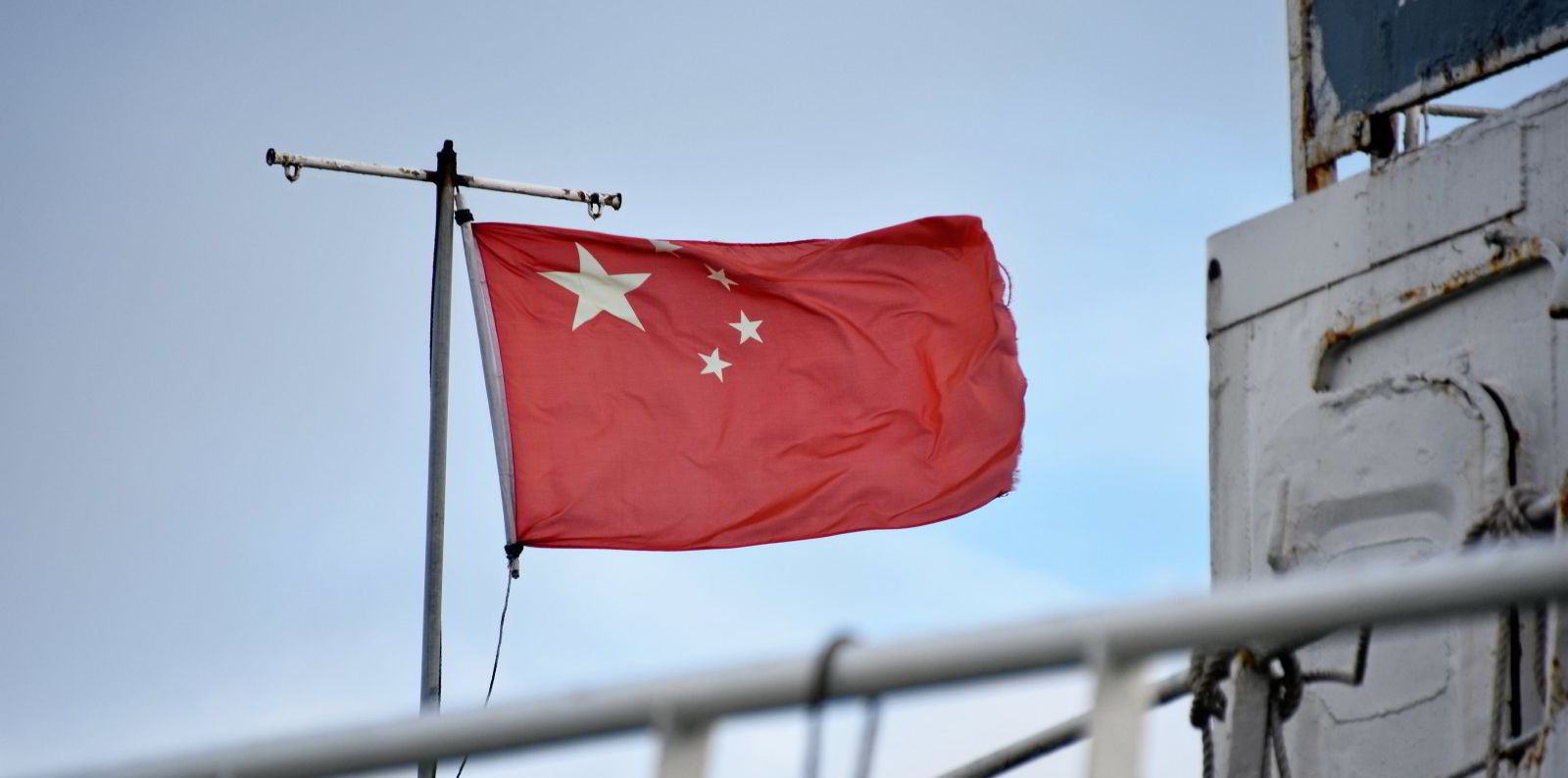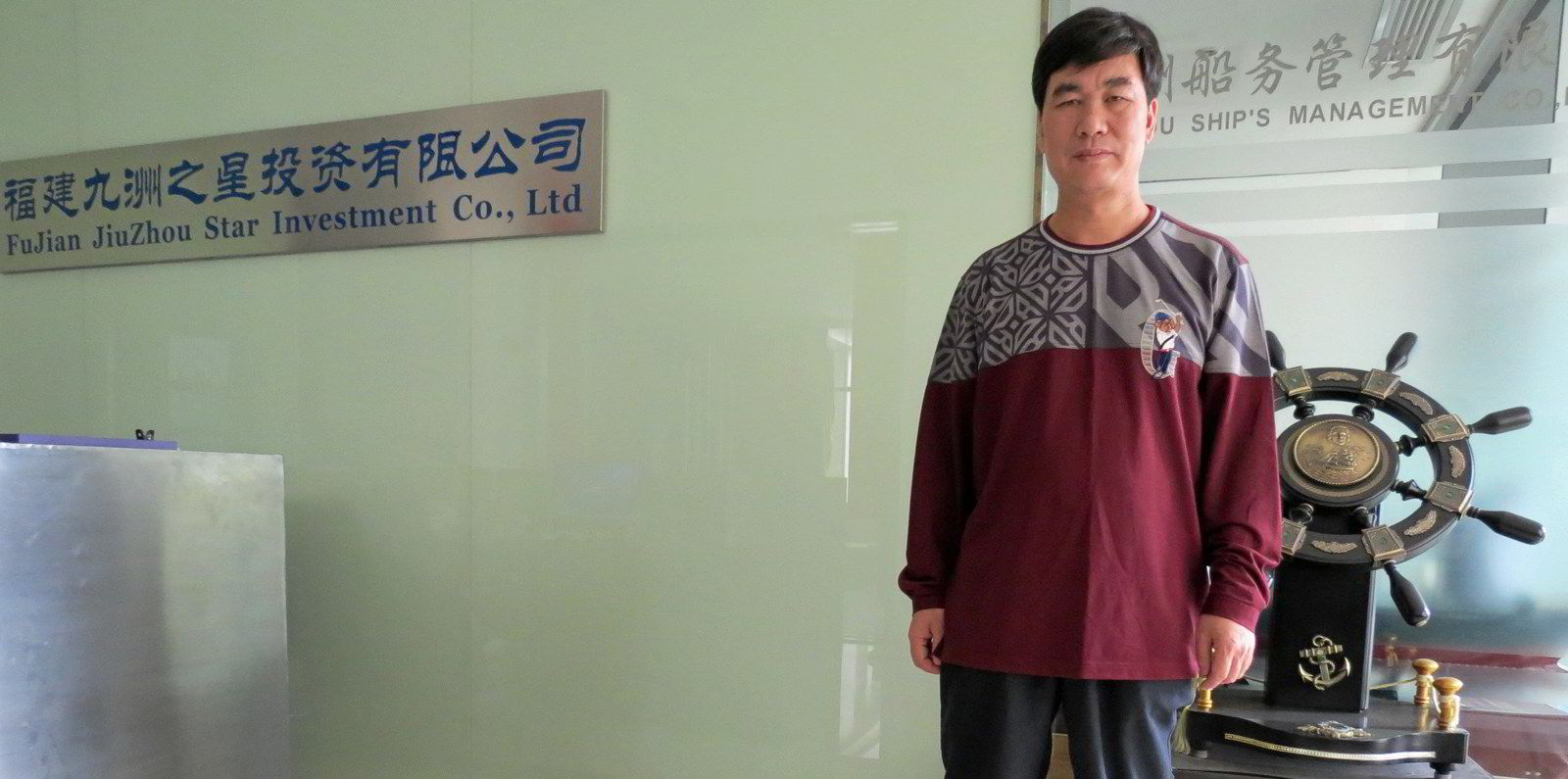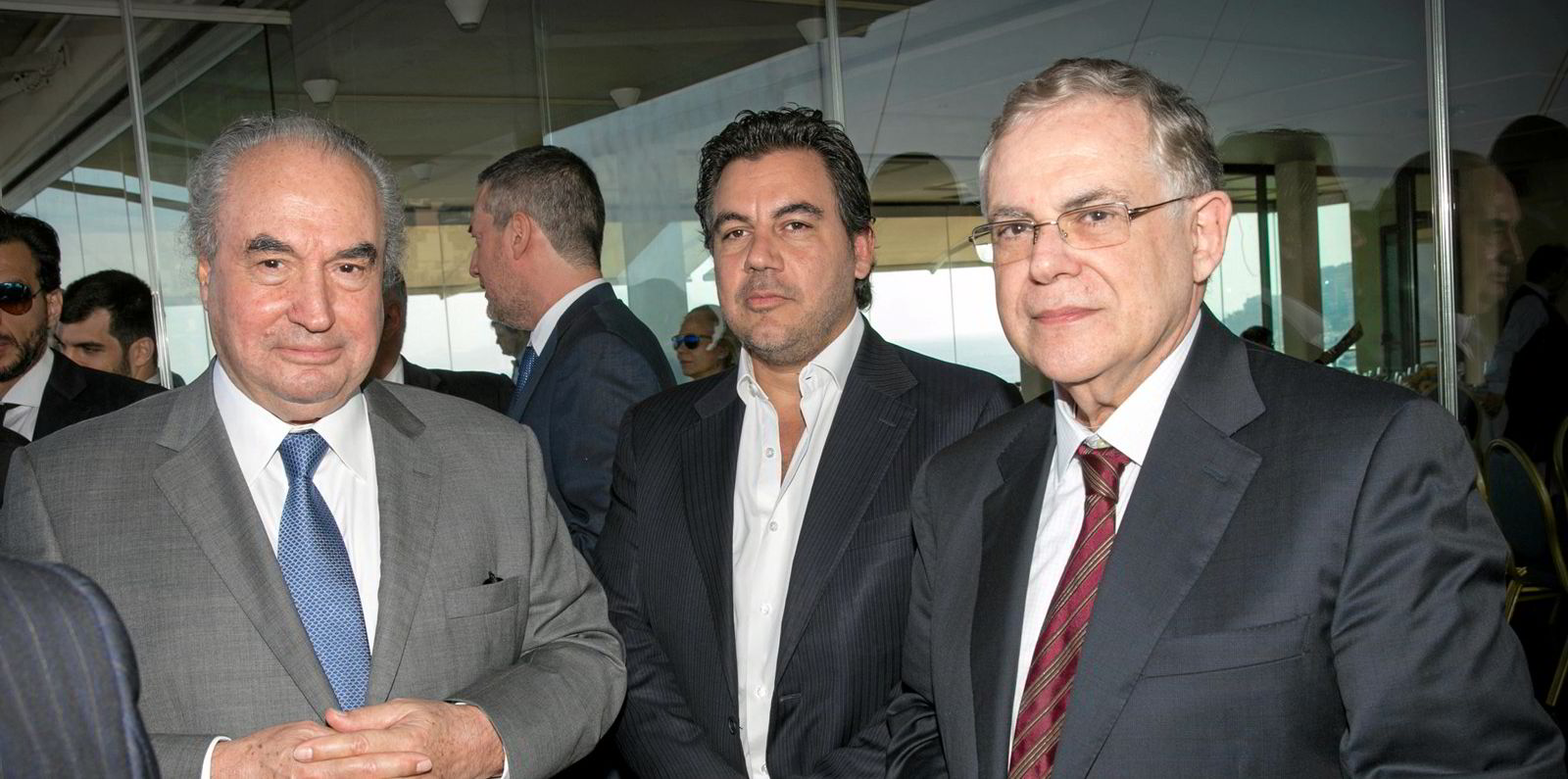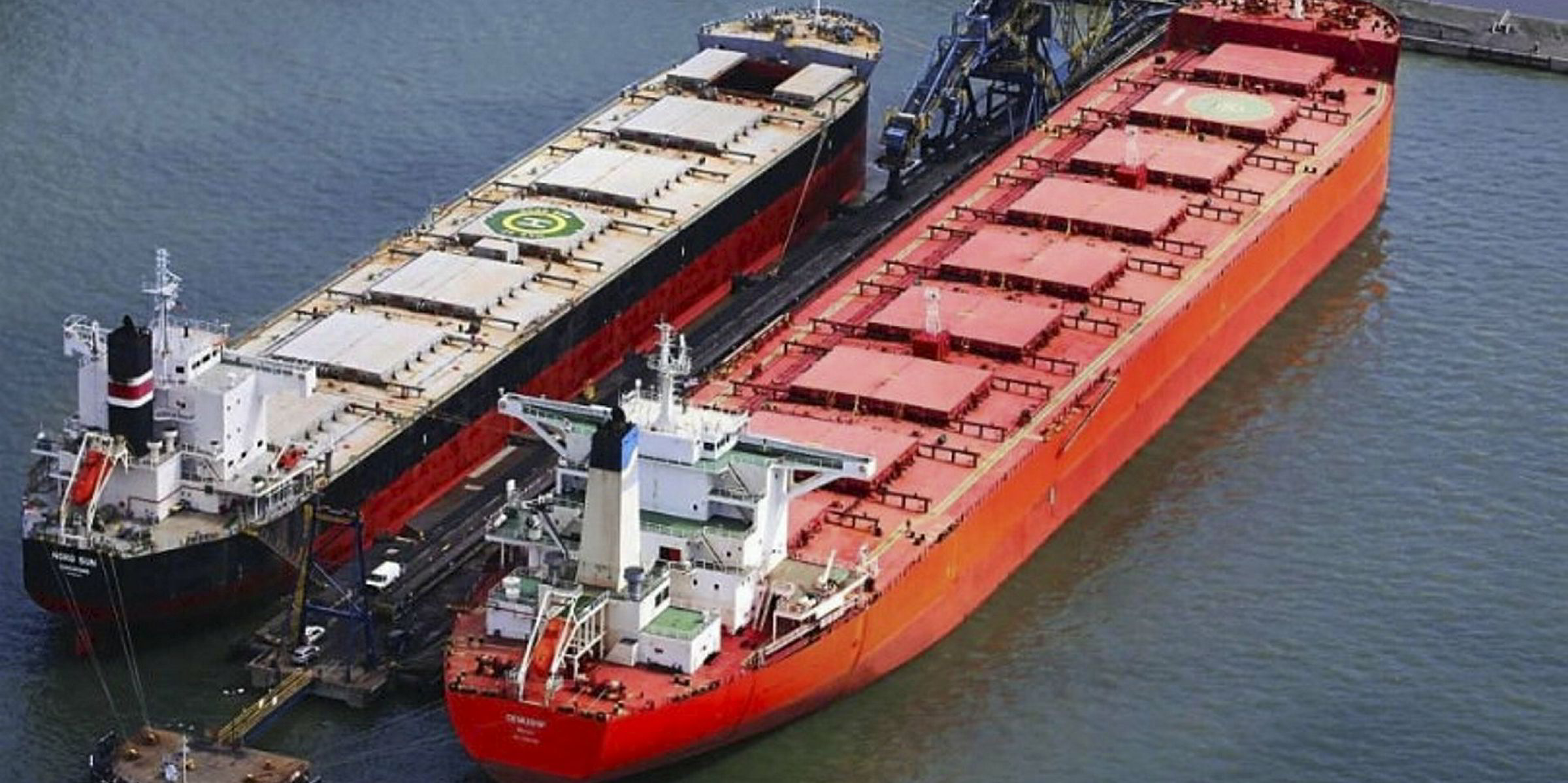Fuzhou shipowner Jiuzhou Star Shipping is downplaying market talk it will sell out of shipping once its last capesize has discharged an Australian coal cargo.
But the company does not rule out a sale of the 176,000-dwt Yuan Fu Star (built 2011), the last remaining ship in what was an eight-vessel fleet early last year.
Meanwhile, Beijing's controversial import ban has made Jiuzhou Star — like some compatriot owners — wary of coal cargoes. So Jiuzhou Star will concentrate on iron ore if it continues in capesize shipowning, a company official said.
The official, who was unwilling to be named, confirmed the recent sale of the 176,000-dwt Han Fu Star (built 2012). TradeWinds reported the ship had been sold to Greece's Moundreas. But the Jiuzhou Star official would not confirm price details or the buyer's identity.
He said Jiuzhou Star is not in a position to make a decision about selling the Han Fu Star's Rongsheng-built sistership.
"[The] Yuan Fu Star has been waiting in north China for six months because it is loaded with Australian coal," the official said. "In this situation, we don't have the schedule of discharging so it is very hard to make plans about a sale."
Fortunately for Jiuzhou Star, the ship is not on voyage charter but on time charter to Pacific Bulk Shipping (Singapore), and regular hire is being paid. But the fixture was done last May at a very low rate, and the official said the company would rather be free to trade it in today's market.
He denies industry talk that the company has definitely decided to get out of shipowning.
"We have cash in hand after the sale of several ships, so we can wait for our chance," he said. "Maybe the market will go down."
Another capesize would be the most likely buy. And, like some other Fuzhou owners who have traditionally preferred to operate tonnage near scrapping age, Jiuzhou Star has moved up the value chain with its most recent transactions.
"We have operated supramax, panamax, and capesize in the past, but capesize is our preference," he said. "But now we are afraid of coal because government policy is so hard to estimate."
Jiuzhou Star is owned by Fuzhou entrepreneur Yu Dabin, who started out as a coal miner and trader but shifted into owning the ships that carried his cargoes.

Until a few months ago, it owned six elderly panamaxes, including two self-unloaders, as well as the two capesizes.
The 78,000-dwt self-unloaders Carol HK and Berni HK (both built 1991) were bought last year for use in a major land-reclamation project — the third runway at the Hong Kong International Airport.
But industry sources told TradeWinds that Jiuzhou Star decided to dispose of the panamaxes after Chinese authorities began putting pressure on the controversial sea-sand trade in the disputed waters of the Taiwan Strait.
The Jiuzhou Star official denied his company had been involved in the Taiwan Strait sea-sand business, but confirmed it recently sold the two self-unloaders for scrap, as TradeWinds recently reported on 21 January.
Recently, the company also disposed of the 75,500-dwt Wuyi HK (built 1995) for demolition and, before that, the 65,900-dwt Michelle HK (built 1989).
Earlier last year, Jiuzhou Star sold two panamaxes — the 70,200-dwt Selena HK (built 1995) and 70,300-dwt Victoria HK (built 1996) — to Chinese trading buyers.





